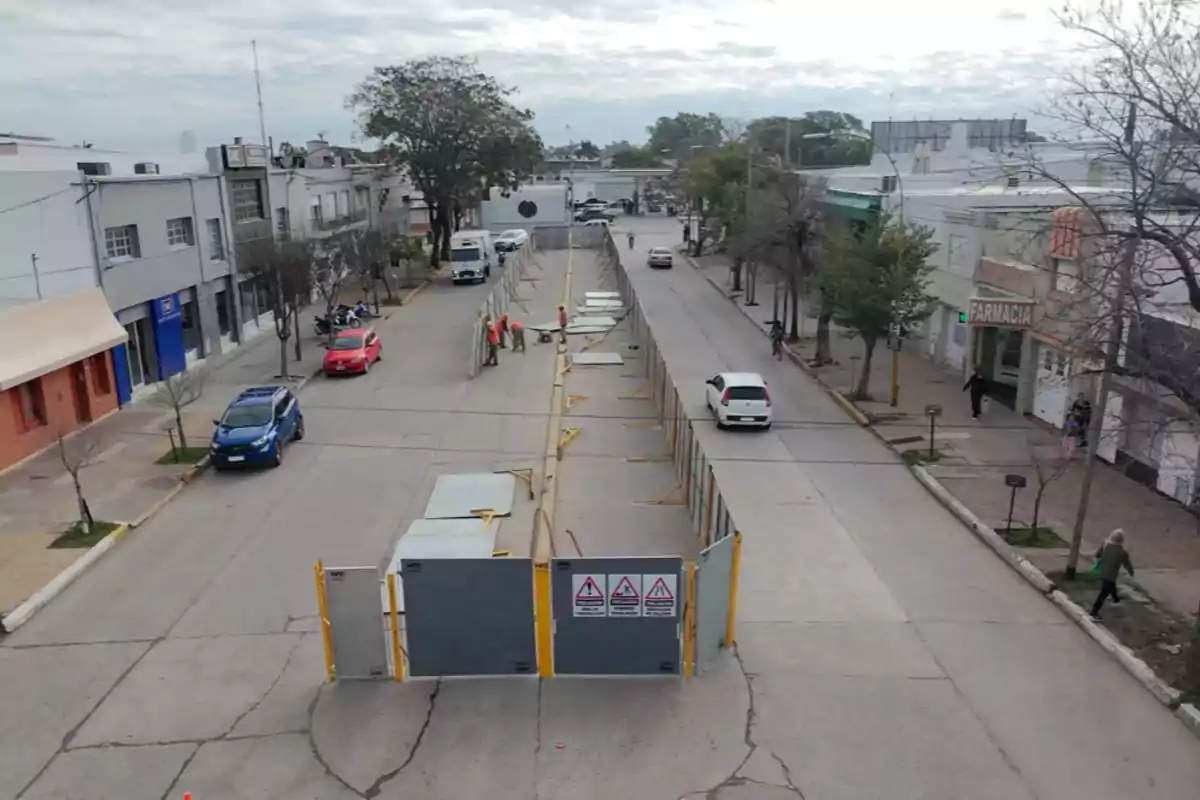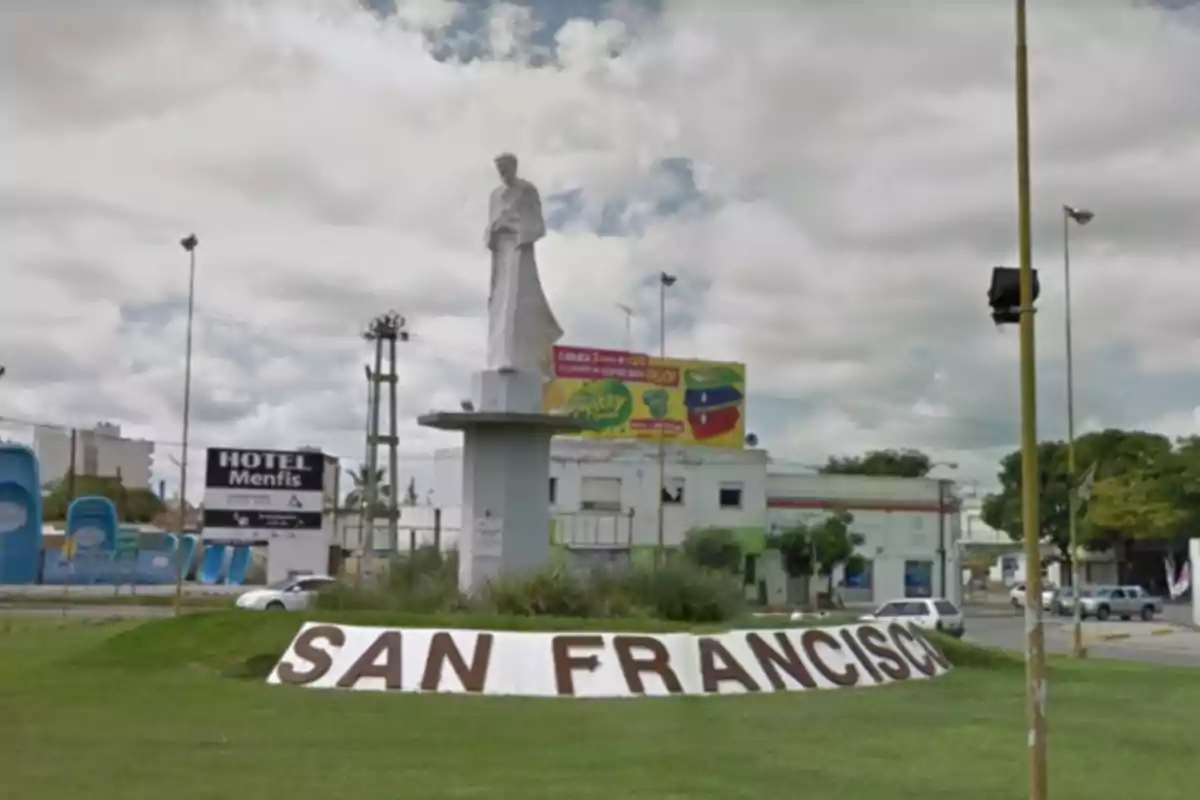
San Francisco squanders taxpayers' money on an unnecessary bike lane
Bernarte insists on a costly and unnecessary project, ignoring the national context of austerity and fiscal efficiency
In San Francisco, Peronist mayor Damián Bernarte is once again focusing on a project that is far from being a priority for the citizens. The elevated bike lane he is promoting, presented as a symbol of modernity and road safety, is turning into a multi-million-dollar expense that is difficult to justify. In a country where the National Government is promoting austerity, the municipal decision seems to go against common sense.
According to the local ruling party, the project aims to beautify the city's entrance and facilitate the safe crossing of pedestrians and cyclists. However, San Francisco faces much more urgent structural problems, such as poorly maintained streets, lack of sewage systems, and deficiencies in basic services. Allocating resources to an ornamental project is, at the very least, a sign of disconnection from the real demands of the residents.
While other cities are implementing responsible fiscal policies with visible results, Bernarte prefers to boost his political profile with flashy projects. The bike lane doesn't respond to a concrete request from the population and threatens to unnecessarily alter the urban environment. Instead of optimizing the budget, the municipality reinforces an image of wastefulness that clashes with the current political and economic climate.

Disordered priorities in a context of austerity
The opposition in the City Council warned that the initiative is not only lacking in urgency, but also diverts funds that could be allocated to real needs. Problems such as deteriorated pavement, insecurity, or deficits in basic infrastructure should top the municipal agenda. However, the ruling party clings to a project that only seems useful for its own propaganda.
Even local libertarian groups pointed out that the city has more than a thousand blocks without pavement and neighborhoods that become impassable after rain. The contrast between these shortcomings and an expensive elevated bike lane reveals a worrying lack of interest in improving residents' daily lives. The issue is not the bicycle itself, but the lack of rationality in the government's priorities.
The municipality argues that the project will promote sustainable bicycle use and road integration, without explaining why this objective must be addressed now. In times of crisis, municipal spending should focus on solving concrete and urgent problems, not on feeding political egos. San Francisco needs efficiency, not megalomania disguised as modernity.

The official defense and the mayor's contradictions
Bernarte replied to the criticism by assuring that the project had previously been promoted by opposition groups. However, that justification doesn't erase the fact that today the economic context is radically different, with a clear citizen demand for austerity and efficiency. The insistence on carrying out the project reflects an inability to adapt to the new fiscal reality.
The mayor stated that the bike lane will recover the city's history and beauty, but residents can't eat urban aesthetics. The lack of sewage systems, broken streets, and security problems require immediate solutions, not cosmetic interventions. The project seems more like a political marketing act than a serious public policy.
According to the municipality itself, there will be 1,300 meters (4,265 feet) of elevated route that will surround monuments and connect with other bike paths. This deployment is not only costly, but will inevitably impact vehicular traffic and the landscape without solving any of the urgent needs. It is, ultimately, an unnecessary luxury paid for with money that could be allocated to what truly matters.
More posts: